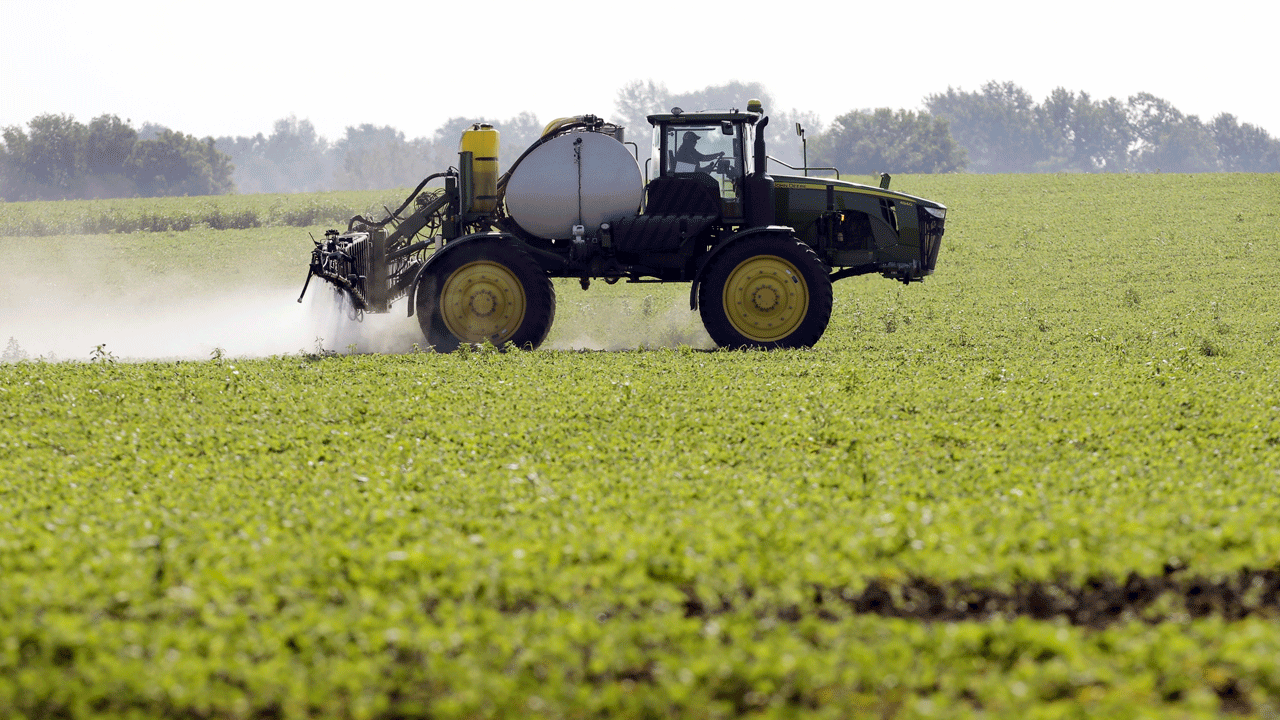Georgia Bill Sparks Controversy Over Pesticide Liability Shields

Sarah Johnson
April 4, 2025
Brief
Georgia's Senate Bill 144, awaiting Governor Kemp's signature, could limit lawsuits against pesticide makers. Critics warn it may shield companies like Bayer from liability over health risks of glyphosate.
A new bill awaiting Governor Brian Kemp's signature in Georgia is stirring up heated debate among health advocates. Senate Bill 144, aimed at limiting lawsuits against pesticide manufacturers, has been criticized for potentially shielding companies from accountability. The bill states that manufacturers would not be held liable for failing to warn consumers of health risks beyond those already mandated by the United States Environmental Protection Agency.
Emma Post of MAHA Action, a group championing the "Make America Healthy Again" movement, slammed the bill, saying, "The bill is literally making America sick again." Her pointed words underline the growing concerns about the health impact of pesticides like glyphosate.
Glyphosate—a key ingredient in Bayer Monsanto’s Roundup weed killer—has been linked to increased cancer risks. Its notoriety hit a new high last week when Bayer Monsanto was ordered to pay $2.1 billion in damages to a Georgia man who claimed Roundup caused his cancer.
HHS Secretary Robert F. Kennedy Jr., a longtime critic of glyphosate, has been vocal about its dangers. In 2018, his legal team secured a $289 million award for another cancer victim of Roundup. Studies, including research from the University of Washington, have shown that glyphosate exposure can raise the risk of non-Hodgkin lymphoma by up to 41%.
California-based Kelly Ryerson, founder of Glyphosate Facts, began her advocacy after her own health struggles with chronic illness. "Farmers often spray Roundup on grains right before harvest to make the process easier," Ryerson explained. "But this convenience comes at a cost—those crops can end up in our food supply with alarmingly high levels of glyphosate." Ryerson has been outspoken against legislation like Georgia's SB 144, calling it "a terrifying thing" that could block victims from seeking justice.
Glyphosate's impact isn't limited to cancer risks; studies have also shown its damaging effects on fertility. Ryerson shared a chilling anecdote about testing sperm samples for glyphosate, which she said "crosses the blood-test barrier" and can kill sperm. "It’s in the air, water, and food—there’s no escaping it," she warned.
Farmers Dana and Lauren Cavalea of Freedom Farms in New York are taking a stand by refusing to use chemicals on their fields. "We rely on animals to restore and regenerate the land," said Lauren Cavalea. Dana added, "Many farmers are financially distressed and turn to chemicals for mass production, but this system is broken." Their approach reflects a growing movement to prioritize healthier agricultural practices.
Amid the controversy, Monsanto/Bayer defended Roundup, stating that the Georgia verdict contradicts "the overwhelming weight of scientific evidence and regulatory consensus worldwide." The company highlighted the European Union's 2023 decision to reapprove glyphosate for another decade, emphasizing its importance in global food production.
As the debate rages on, Governor Kemp’s decision on SB 144 could set a precedent for pesticide liability laws—and the health of millions may hang in the balance.
Topics
Editor's Comments
It's wild how a bill like this can claim to 'clarify' liability but ends up muddying the waters for consumer safety. If glyphosate is as ubiquitous as Ryerson says, shouldn't we be focusing on stricter regulations, not legal shields? Also, the fact that farmers are forced into using chemicals due to financial strain is a sad snapshot of an agricultural system that needs fixing.
Like this article? Share it with your friends!
If you find this article interesting, feel free to share it with your friends!
Thank you for your support! Sharing is the greatest encouragement for us.



